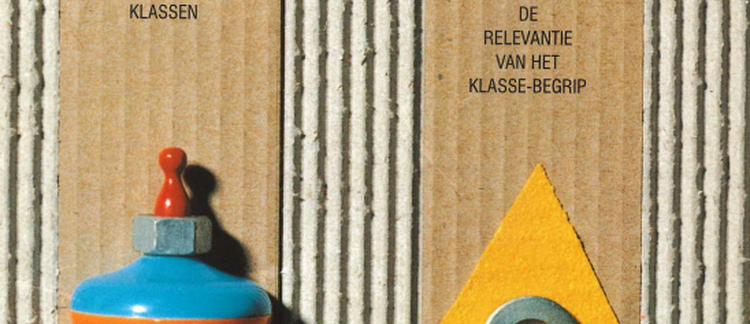Abstract
This article details the way in which a group of Dutch researchers studies social inequality and class structures. The way of proceeding is inspired by the principles of Popper's philosophy of Science. Substantive questions are deemed more important than issues of operationalization, new substantive questions take the answers to earlier substantive questions as their starting point, and when answering substantive questions new derivations from existing theories, such as Lenski's technological-ideological evolutionism and Bourdieu's theory of compensatory strategies, are tested. The data which are collected do not pertain to separate individuals at one point in time, but are multi-moment multi-actor data. Files are not analyzed as self-contained, but as additions to continuing series. Techniques of analysis fit substantive research questions, such as loglinear models for ascertaining relative mobility and diagonal reference models for studying acculturation upon social mobility and within mixed marriages.
How to Cite:
Ultee, W., (1997) “Hollandse saus voor de bestudering van sociale ongelijkheid en klassenstructuren”, Tijdschrift voor Sociologie 18(1-2), 235–249. doi: https://doi.org/10.21825/sociologos.86417
Downloads:
Download PDF
View
PDF

